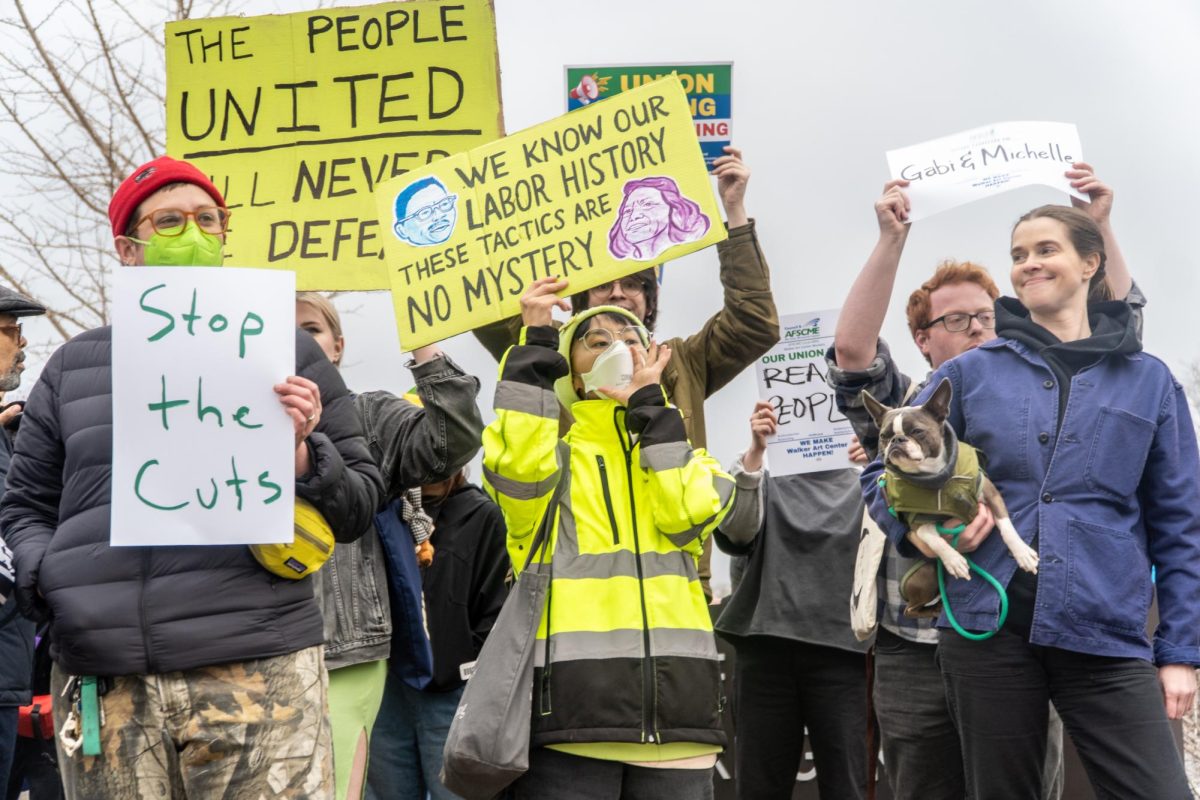On Dec. 12, Israelis and Palestinians will once again come to the bargaining table attempting to broker a peace between the two sides that have been at odds for more than half a century. Observers doubt these peace talks will end any differently than previous attempts. Even Israel’s Prime Minister, Ehud Olmert is playing down expectations for the talks. In all of this political discussion, the point is often missed, the reason for the necessity of peace, and the voices of those directly affected – the people – are rarely heard.
Author: Ibtisam Barakat
Publisher: Melanie Kroupa Books
Pages: 176
Price: $16
WHEN: 7 p.m., Friday, Dec. 7
WHERE: The Loft Literary Center, 1011 Washington Ave. S., Suite 200, Minneapolis
TICKETS: Free
In an opening note to her memoir, “Tasting the Sky: A Palestinian Childhood,” Ibtisam Barakat writes that wrong-doings committed have been committed by both Palestinians and Israelis. “A genuine solution must allow not only freedom and security for both Israelis and Palestinians, but also room for both peoples to heal from having been victimized as well as heal from having victimized others,” she writes.
Within this framework, she becomes a voice for the victims. Barakat tells her own family’s story of living in an occupied land and of her own experience, living through the Six Day War in May of 1967.
The memoir begins when Barakat is in high school, returning from neighboring city to check her postal box for letters from pen pals. She explains her difficulty in telling her global friends anything about her childhood. She doesn’t want to reveal the soldiers, the United Nation refugee camps, the war that permeates her life. For her, and many involved, the scars of the conflict run deep.
Her postal box is her freedom, the only place where she has true liberty living in the Israeli-occupied West Bank.
It is from here she gathers the courage to open her “postal box of memory,” the place where her memories are free, and recounts her experiences during the Six Day War as well as some years following.
Instead of giving extensive background to the events of the war, she begins the book only with a short historical note and then tells the story as she understood it and what it meant to her, at the age of 3 and a half.
Barakat, her parents, two brothers and baby sister were forced to flee their home in Ramallah, located north of Jerusalum in the West Bank. She was left behind because she could not lace her shoes up fast enough, and ended up running after her family barefoot for miles and miles.
She provides insight into a family struggling to deal with outside forces they can’t control, especially ones that threaten their way of life and their lives. The powerlessness felt by her father, the worry felt by her mother, the insecurity of herself and her siblings – a result of war, but emotions felt by every father, mother and child.
As a teenager, Barakat writes about the annoyance of her protective father, who fakes leaving earlier than her for his own job, but secretly waits outside until she leaves for school, following her to make sure she arrives safely. Her mother tells her to be invisible, to stay close to the wall when she’s walking and remain unnoticed.
The story is a compelling one. It is a story of family, of war, of refugees, of Islam – all intersecting in the life of one young Palestinian girl.







